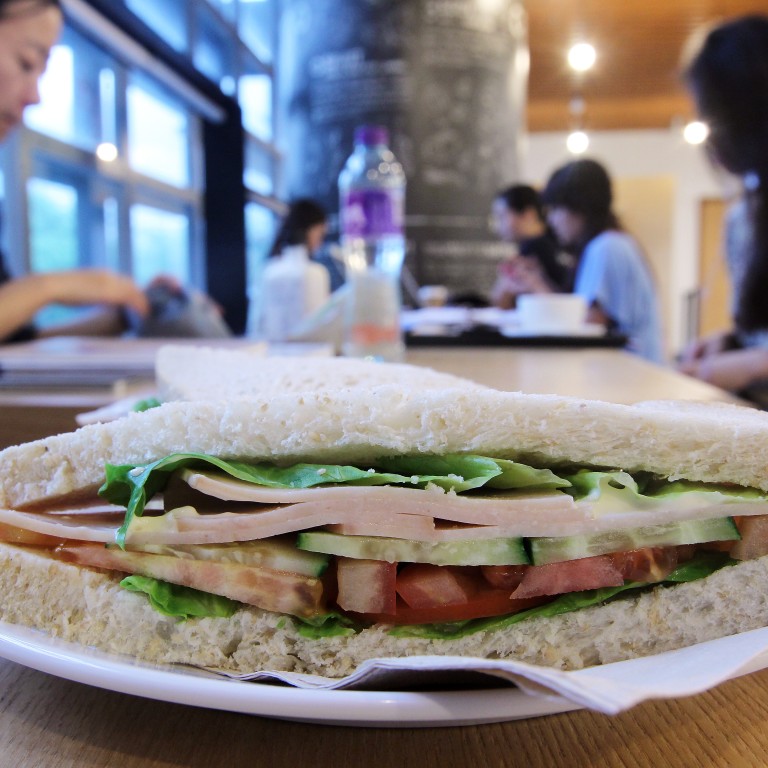
Taiwan sandwich scare a reminder that Hongkongers must beware perils of herd mentality
Hongkongers are known for their propensity to go for anything trendy. From electronic gadgets to street snacks, the list of must-have and must-try items changes every season.
Hongkongers are known for their propensity to go for anything trendy. From electronic gadgets to street snacks, the list of must-have and must-try items changes every season. The latest most-sought-after item for food lovers is, intriguingly, an unassuming sandwich from Taiwan. It became an instant sensation, until dozens of people fell sick after eating it. The product is now banned by the local food safety watchdog pending investigation.
With simple choices like jam, ham and cheese, the sandwiches are not exactly haute cuisine. Yet they are selling so well in Taiwan that travellers like to bring some home as treats for friends and colleagues. As soon as celebrities and food bloggers joined the bandwagon, the rather ordinary sandwiches started taking the city by storm.
It is probably premature to link the food scare with any loopholes that may arise from online shopping. Under the food safety law, anyone selling local or imported food unsafe for consumption is liable to a fine of HK$50,000 and six months in jail. The popularity of the sandwiches would not have become an issue of concern had there been no case of food poisoning. The local food safety authority blamed possible contamination in the production process. This has understandably upset the manufacturer, Horng Ryen Jen, which insists there has never been any safety issue with the sandwiches in Taiwan. It also said it had never supplied its products directly overseas, suggesting the responsibility lies with traders importing indirectly from other sources.
Whether the contamination comes from the manufacturing process remains unclear. But problems arising from storage and delivery cannot be ruled out. The sandwiches can only be kept for 12 hours at temperatures under 25 degrees Celsius. Even if they are flown in for consumption within the day, improper storage and delivery will compromise hygiene and quality. Given the health risks involved with imported food, consumers should perhaps think twice before buying.

